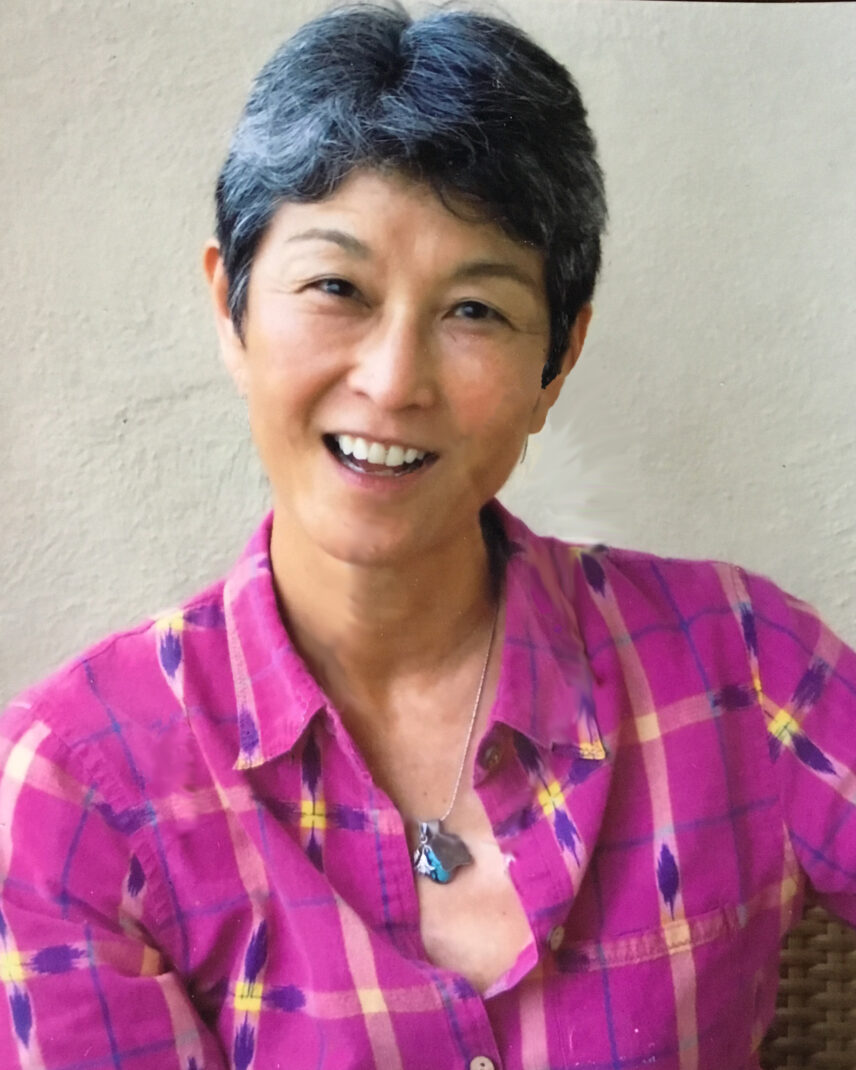Article begins
Dr. Karen Ito was a dedicated anthropologist, committed to promoting the understanding of the diversity of human cultural experience, with significant and wide-ranging contributions to the field of anthropology. She studied anthropology at UCLA, earning her BA in 1969, MA in 1973, and PhD in 1978.
Karen was an extraordinary ethnographic field researcher; her work reflected a concern for, and interest in, others. Her book Lady Friends: Hawaiian Ways and the Ties That Define exemplifies her values and her skill in situating people in their cultural contexts. Her focus was on urban women, and through extensive and sensitive conversations with her “lady friends,” she demonstrated that culture went beyond artifacts, language, and visible characteristics: it was a people’s way of thinking and framing the experiences of their lives. In a focus on the ways of resolving conflict, she sensitively and convincingly demonstrated how Hawaiian culture is manifest in the thoughts and understandings of her “lady friends.”
Her research continued to focus on how a people framed events and experiences in that world. Much of this work had an important impact on policy issues. As an affiliate of the Department of Psychiatry and Biobehavioral Sciences at the Neuropsychiatric Institute of the University of California at Los Angeles, she conducted research related to how medical and psychological issues were often impacted by, and interacted with, people’s cultural understanding of the world. Karen understood the strengths and weaknesses of both qualitative and quantitative research and used both to understand events and happenings in the world. Her work with the anthropological consulting group LTG Associates furthered the application of research to policy and practice in relation to mental, physical, and spiritual health (including tuberculosis and HIV/AIDS). In examining problems or situations, she always included the wider sociocultural context. For example, in researching mental health issues among Asian American people, she considered the ethnic identity of the therapist as well as the client.
Karen’s US-based research emphasized the experiences of Asian American men and women and went well beyond purely academic publications. She led a major federally funded research project on health care for Asian American women. She designed the first course on Asian American women that is still taught today and was instrumental in establishing the Asian American Studies Center at UCLA. She cared deeply about the experiences of Asian American peoples, making contributions both within and beyond academia.
Karen was committed to those whose lives might be affected by her work and to students engaged in their academic pursuits. She was incredibly gracious and generous to everyone in her orbit. She excelled as a mentor and contributed constructive criticism to anyone who asked. On the death of her husband, she established the Robert B. Edgerton Endowed Graduate Student Award because she loved seeing students grow and thrive. The fund has supported an impressive array of graduate students’ research, and Karen always took it upon herself to meet and lunch with each of these students, encouraging them in their work. She arranged that upon her death, an endowed professorship, the first in the Department of Anthropology at UCLA, be established, also in the honor of her late husband.
Perhaps Karen’s most enduring contributions are not only in print but linger in the memories of those who were fortunate enough to know her. She was always interested in the stories of others and told these stories well. Her intelligence, her quick wit, her optimism, and her compassion and caring for others set her apart from many, if not most, people. She will be deeply missed by those who knew her.

(Nancy McDowell and Jill Korbin)

